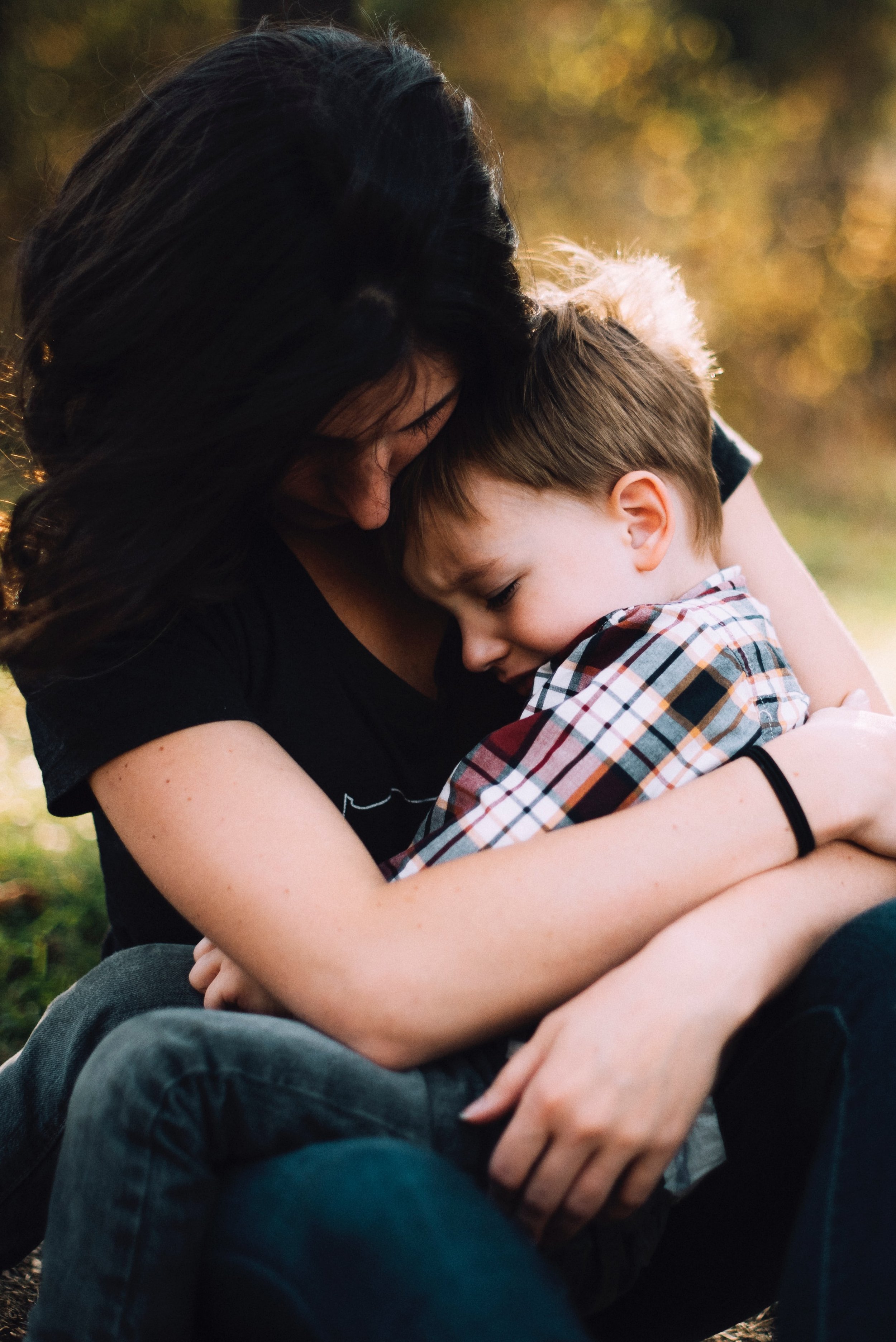There were many moments in my marriage when I thought to myself, “I can’t live like this, but I don’t want to put my daughter through the pain of breaking her family up, so I’ll wait until she’s 18.” My daughter was 5 years old at the time. Fortunately, I woke up and realized that putting myself through the agony of living in an unhappy marriage for 13 more years was actually going to hurt her more than staying. It’s important for our children to see us living happy or working towards a happy life at the least. It is also necessary for our children to see us when we are sad, anxious, and angry. I had a strong inner knowing that the key to teaching my daughter emotional resilience and living with a growth mindset is for me to model that for her. I couldn’t protect her from challenges and why would I want to do that? Challenges help us learn and grow into our most authentic selves. Challenges come in all shapes and forms. What matters most is how we handle the challenge.
The first year of separation was the most challenging. I had to learn to put my ego aside and continue sending love to my daughter’s father despite his constant emotional abuse. There were times I wanted to tell my daughter all the names he called me, but I reminded myself that I am the adult and this divorce is hurtful to all of us. I knew that the only thing I could control was how I responded to all the pain. I kept telling myself this was a growth opportunity and I will get through the tunnel and see the light once again as a stronger person. Now, 4 years later, I am on the other side of that challenging first year of separation and I feel like I’ve been put back together and metamorphosized into a new human. I feel more true to who I am meant to be than I ever have. It’s a magical feeling to see how much I’ve grown.
If you are going through a divorce with children, you know how painful it is. Change and growth are not always easy. Divorce is the death of a family unit and the rebirth of a new way of living as a family living apart. It is normal to experience feelings of sadness, anger, grief, and even excitement for new possibilities.
Here are some tools and recommendations that helped me stay well and kept me modeling healthy behavior for my daughter as I maneuvered through the process of divorce.
Talk to your children about how change leads to growth and more joy in the end.
Model to your children how you learn from your mistakes. If you accidentally call your ex a name and they are in the room, tell them that you are upset, but it wasn’t right for you to call him a name.
Always behave with love.
Don’t validate your unhealthy behavior because your ex is exhibiting bad behavior.
Don’t hide your pain, but don’t walk around moping either. Your kids want to see that you are authentic and have emotions, but they also need to see you doing something about your pain.
Create new experiences for you and your children. Try something new together that they will always remember.
Reach out to a single-parent community in your area. Find new friends for you and your children that understand the process of separating families. It will be good for your children to be exposed to all different kinds of family units.
Don’t bring any romantic partners around your kids until you are officially divorced and you know the person is someone you trust and deeply care about.
Take time to laugh with your kids and with friends! Laughter is a great tool for healing.
Most important- take care of yourself! Put yourself in therapy, coaching, or whatever helps you to heal. Get out in nature and do activities that fill you up as much as possible!
As you go through this growth and expansion, keep your heart and mind focused on how you want to show up for yourself and your kids. It’s okay to make mistakes. Learn and grow. Keep smiling and radiating love! All will be well. I’m sending you blessings for a happy and exciting new future.












